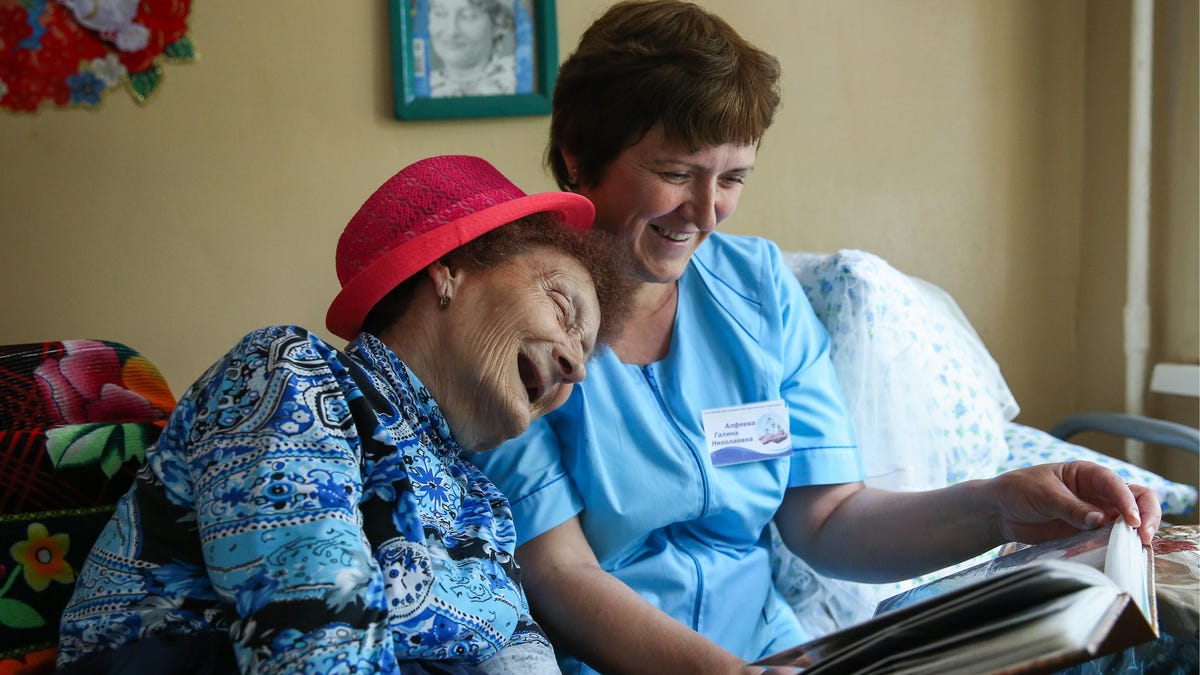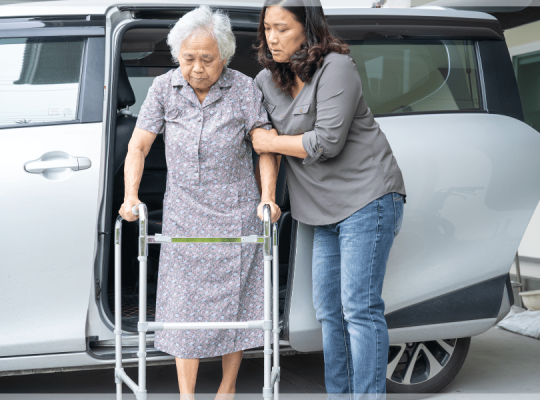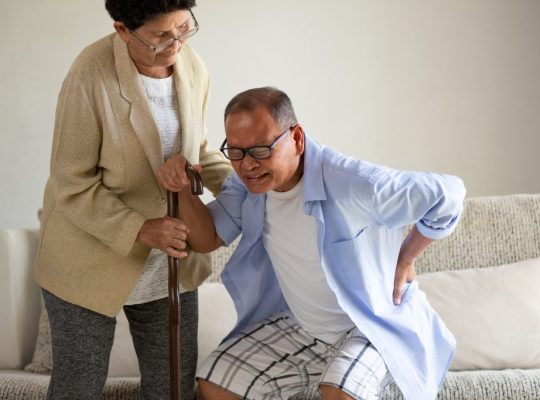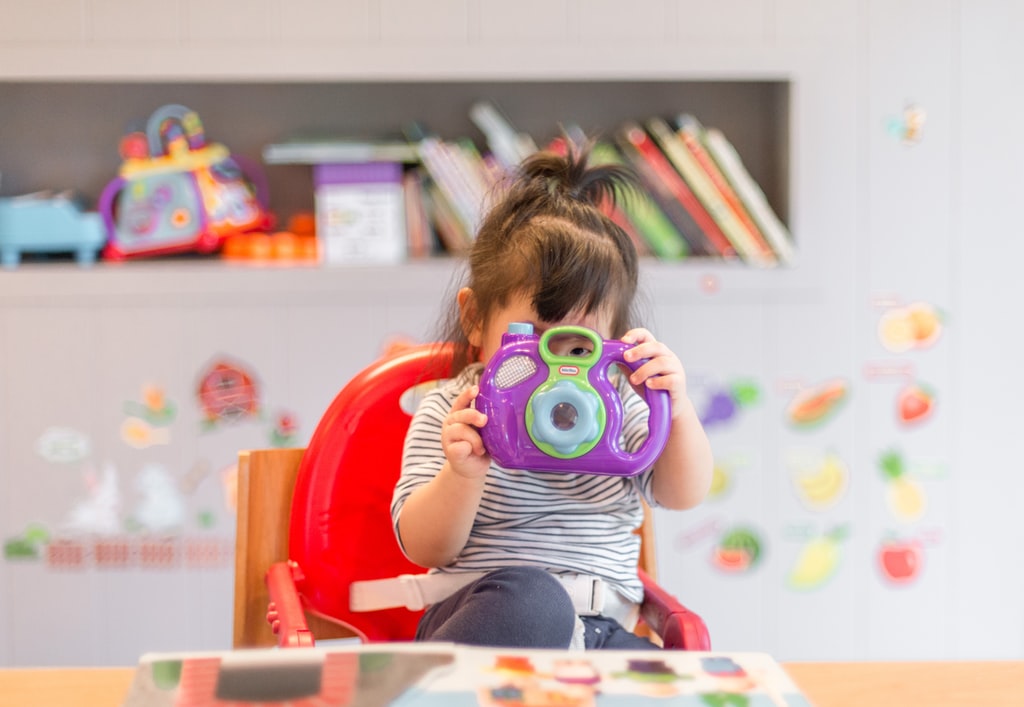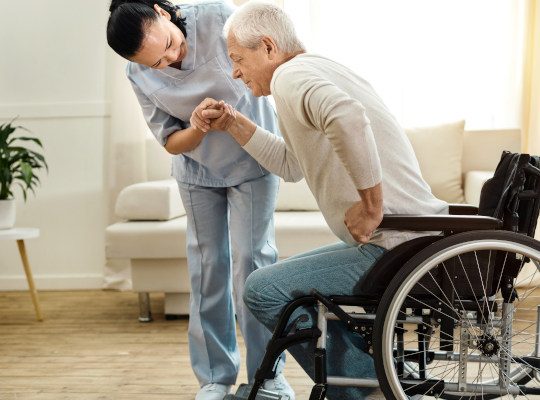Caring for an elderly person, when it is a family member, is emotionally very demanding, but it will also be difficult to manage if you don’t organize yourself properly. The frustration, confusion, and wasted time caused by cluttering up spaces will sooner or later spill over into your homework.
Even if you are a professional caregiver in your home for the elderly or have been in the profession for some time, you will find that some tips are still very helpful. And, that’s exactly what we are going to cover in today’s article.
Caregivers, gerontological assistants or home health aides are always learning. While no two cases are alike, being as organized as possible and trying to stay that way can help us reduce stress and use our time more efficiently.
Getting organized means that relatively little daily effort translates into a great deal of relief in the event of a setback or emergency. So interested in learning more? Read on.
1. Keep All Your Important Papers in One Place
You should have at least one accordion folder to file the paper in sections. If that’s not possible, take a ring binder and add labeled dividers to it. That folder must be close and accessible to anyone who would like to consult it. Some of the sections can include:
• List of names and phone numbers of doctors and other health professionals
• Contact details of relatives in case of emergency
• Contact details of alternative caregivers in case they are needed
• Information on the medicines you should take, dosage and what they are for
• drug prescriptions
• Medical history and medical diagnoses
• Invoices and receipts from the insurance company
Many people prefer to keep a digital file with all this data. Yet, the problem is that not everyone involved in the caring task will have access to that file, so doing it the old-fashioned way, on paper, can be an advantage in case of an emergency.
2. Organize Personal Documents
/organizing-a-home-filing-system-2648257_01_gatherpapers_3245-5e99eeb1854d4cb1a3ad9dbd824b2c04.jpg)
Older adults usually have their personal documents in a safe place, but it is a good idea to locate and order them from the first day. Identity document, insurance card, birth certificate, marriage book, etc… they must be well protected, but close at hand.
3. Personal and Household Finances
Families often prefer to handle this issue personally. If you are the one in charge of this, you should ask and organise the financial affairs of your elderly relative. Gather bank documents, access codes, credit or debit cards, vouchers, mortgages, deeds, etc.
Organizing with the bills to pay is vital to avoid situations such as payment claims or service cuts for the elderly. All bills for electricity, telephone, gas, etc. that arrive at the home should be stored in one place. Organizing a calendar with due dates will relieve you of last minute runs.
4. Organize Medications
Even if you think you are already an expert in caring for an older adult, you are not exempt from making mistakes. Rushing, tiredness, or stress can lead you to confuse medication schedules and dosages.
Learning to manage medications should be one of the first tasks when caring for an older adult. In addition to a list where you write the name of the medication that is included in the folder in point 1, you must have a system to store and identify each medication.
Do not think that the elderly are the only ones who forget if they have taken a pill or not. It happens to all of us when we do the same thing day after day. If you don’t use an organizer box (there are many models in stores and pharmacies) where you can put each dose, many times you will wonder if you have already given him the medicine for dinner or the one for today’s blood pressure.
If you cannot find a suitable container, you will have to take a grid form where you will check the box corresponding to each medication or dose. Avoiding mistakes in this aspect when caring for an older adult can be a vital issue.
5. Prepare a To-Do List
Even if the schedules and activities seem pretty routine, preparing a whiteboard or paper list where you can quickly jot down what you need to take care of later or tomorrow will free your mind to focus on other things. If you prefer, you can use a to-do list app on your mobile phone, especially if your list is private.
6. The Daily Notebook and Observations
People who are dedicated to caring for an older adult professionally and nurses use a diary or nursing notebook where they record all the tasks performed during their shift, observations about the patient, measurement of indicators (such as body temperature) if corresponds, visits, etc.
That notebook must be a real log to record all the daily activity because you don’t know when you might need that information.
7. A Large Calendar on the Wall
Although we are in the era of mobile phones and tablets with full-featured calendars, having a calendar with large boxes is the best when you have to care for an elderly person. Writing down the medical appointments and any other appointments of the person you care for will avoid confusion with the rest of the caregivers and the family.
8. Organize Your Rest Periods
That you dedicate yourself to caring for an older adult does not mean that you should put aside your personal life, your health, your family and your rest time.
At a minimum, you should set aside a time to listen to the music you love, get some exercise, connect with a support group on the computer, or just relax for a few minutes. In the rest of your day, try to stay in touch with your friends and enjoy some alone time. If you take good care of yourself, you can take care of your loved ones or your patients for a long time.

